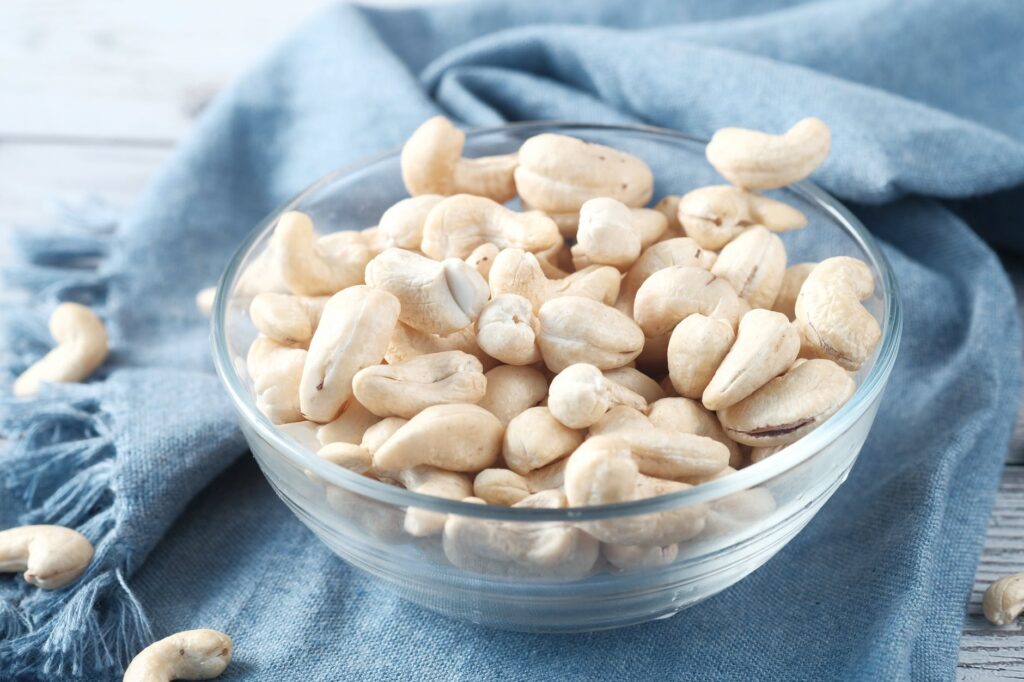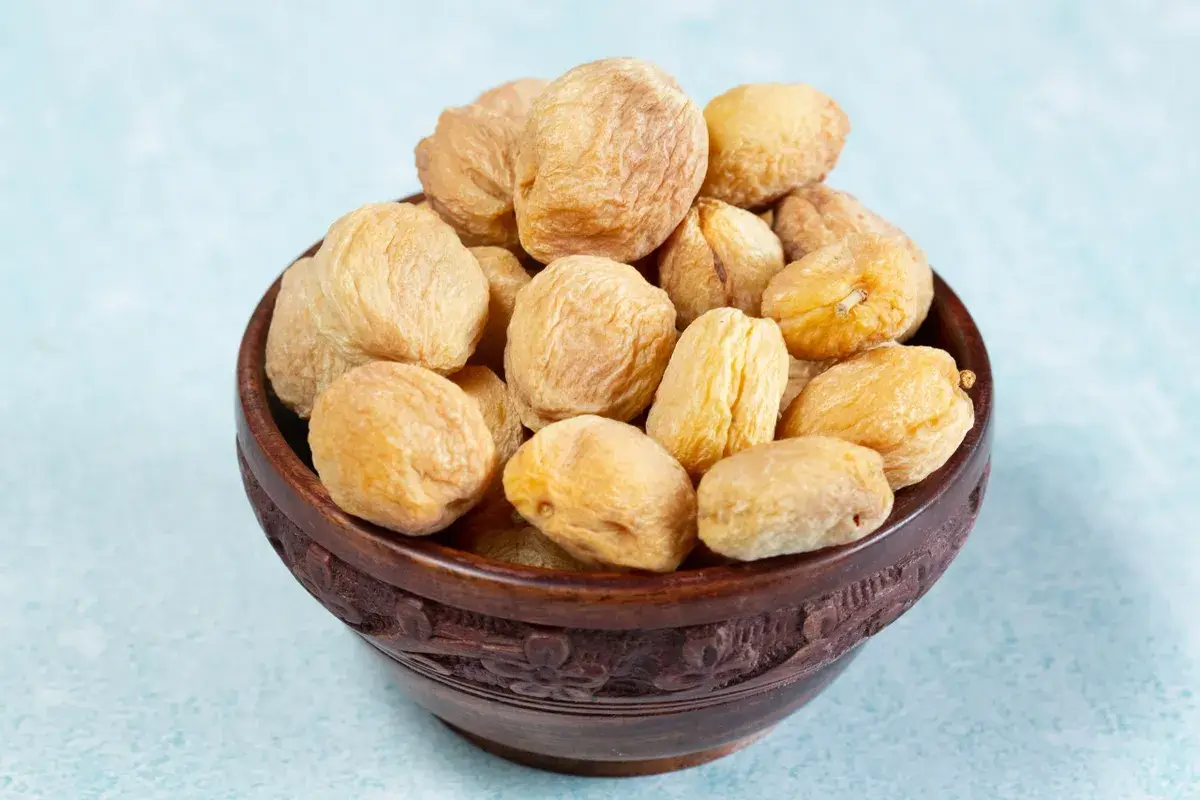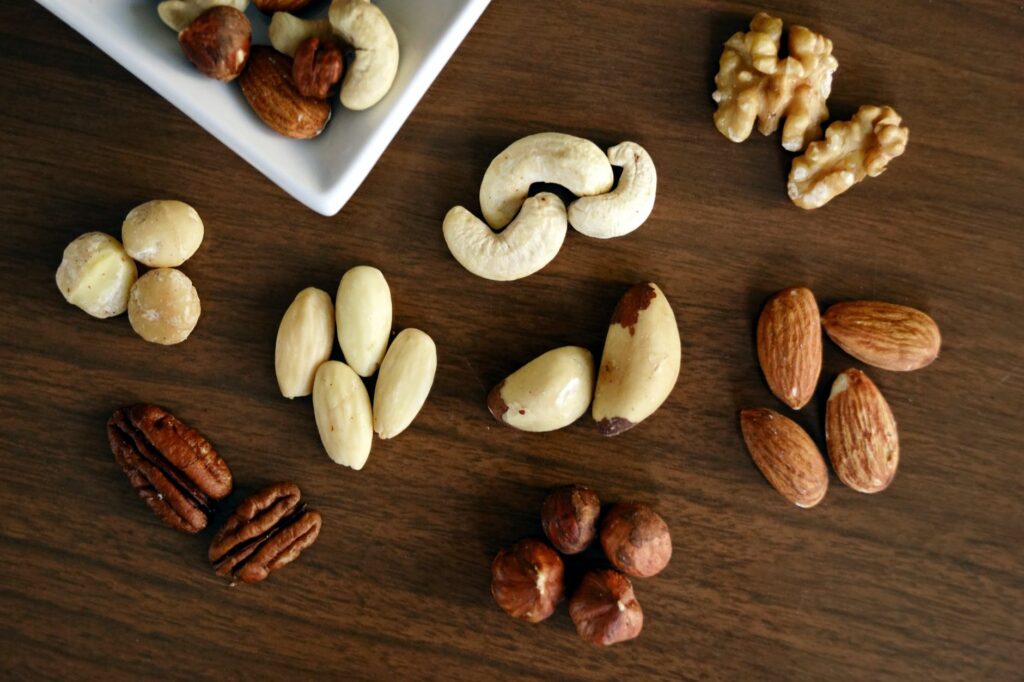Sunflower seeds are the seed of Helianthus Annuus (sunflower plant). The name itself represents the part of the Sun. Like the sun gives energy to every living thing on earth. These edible seeds are small, flat, and oval in shape also known as Surya Mukhi ke beej In India. They are quite thicker than other seeds. These seeds, we can get from the plant’s flower head which contains approximately 2000 seeds.
Table of Contents

“Advice from a Sunflower: Be bright, sunny, and positive. Spread seeds of happiness. Rise, shine and hold your head high”
Types of sunflower seeds
There are two types of seeds, they are
Non-oil seeds
The non-oil sunflower seeds are large compare to oil seeds. They are black and white striped known as hulled sunflower seeds. They are typically used as a snack. People consume hulled sunflower seeds and remove its shell before eating.
Oil seeds
The oil sunflower seeds are completely black in color hulled which is used to extract sunflower oil by pressing the seeds. These seeds are also used as bird seeds because the hull is very thin and contains oil.
Sunflower seeds give you energy and nourishment. It has some more health benefits too. Let’s see what are those:
Health benefits of Sunflower seeds
Sunflower seeds are a powerhouse of nutrients and micronutrients. It contains proteins, antioxidants, minerals like calcium, zinc, iron, magnesium, potassium, and phosphorous, and vitamins like vitamin C, vitamin E, vitamin B6, Niacin, Panthothenic Acid, and Folate, Thiamine, Riboflavin.

Keeps your heart healthy
Sunflower seed help to reduce the risk of cardiovascular diseases. It has Cynarin which helps to reduce cholesterol and triglycerides. It also has enzymes that prevent blood vessels from blocking and magnesium lower blood pressure levels.
Helps to maintain blood sugar level:
Fibre, protein, and magnesium present in sunflower seed help to control your blood sugar level. Even these seeds have a low glycemic index. Low glycemic index food helps to lower your blood sugar.
Sunflower seeds for weight loss
Sunflower seed are an excellent source of protein and fiber. They give you energy as well as make you feel full for a longer time. It prevents you from overeating and consumption of extra calories.
Sunflower seeds benefits for skin
- Sunflower seed are rich in antioxidants, and essential fatty acid which is very helpful for healthy skin.
- They contain flavonoid which reduces inflammation.
- It has anti-bacterial properties which help to detox your body by removing toxins from the body. It also removes bacteria from cells.
- It has anti-aging properties. Essential acids present in sunflower seeds help in the formation of collagen and elastin, resulting in wrinkle-free skin.
- It has antifungal properties which prevent your skin from infection.
- It also stops the formation of scars.
Sunflower seeds benefits for hair
Sunflower seeds are a natural source of zinc, iron, vitamin E. Zinc helps to grow healthy tissues for hair and repair damaged tissues. Iron prevents from hair falling. These seeds have anti-inflammatory properties which reduce dandruff and get rid of the itchy scalp.
Good in pregnancy
Sunflower seeds help to provide lots of nutrients in pregnancy. These seeds are rich in folate and zinc. They are very essential during pregnancy. Folate prevents birth defects in a baby’s spine and brain. Zinc supports in the development of a baby’s tissue, DNA, and cell. It also helps expecting mothers from infections. Vitamin E present in these seeds helps with prenatal health. It helps to develop and maintain red blood cells, and strengthen your immunity system. Vitamin E also gives you a pregnancy glow.
Boost immunity system
Vitamin E, selenium, and zinc present in these seeds help to increase your immunity. They protect from several infections in the body. It also helps to prevent free radicals, cell damage, and oxidative stress.
Treat anemia
Sunflower seeds are rich in iron. Iron-rich food helps to treat anemia. It increases red blood cells which carries oxygen in tissues. It maintains a healthy hemoglobin level.
Boost your energy
Sunflower seeds are an excellent source of vitamin B1 (Thiamine). It gives quick energy after eating. It helps to build muscles. Thiamine converts protein, carbohydrates, and fat present in food into energy. It also provides a healthy nervous system.
Advantages of sunflower seeds compare to other food
- 6 times more vitamin E than peanuts.
- 2 times more protein than walnut
- 7 times more folate than almond and cashew.
- Low in carbohydrates
- It has Anti-inflammatory, anti-fungal, anti-bacterial, and wound healing properties.
Sunflower seeds Uses

Surajmukhi seeds can be consumed raw or roasted. It is available with shell and without the shell. Salted sunflower seed flavored without a shell are also available in the market. But, if you have high blood pressure then salted seeds are not good. Instead, use plain sunflower seeds or less salted seeds. When they are sprouted, their plant-based compounds like free amino acids and polyphenols increases. Sprouted sunflower seeds help to absorb the mineral. Also, reduces the factor that interferes with absorption. There are different ways to include sunflower seeds in your diet.
- Sunflower seeds can be used as a snack in mukhwas, sprinkle on salads, and yogurt.
- It is also used to make energy bars/granola,
- It is used while baking goods like bread, and muffins.
- It is used to make sunflower seed butter by using high-speed blender.
- Sunflower seeds are also used to extract oil. Sunflower oil is more popular in India. It is used for cooking.
- Sunflower seeds are also used for livestock food
Side effects of Sunflower seeds:
Whatever you eat, you should eat it within a limit. If you consume it in excess, that will affect your body. Sunflower seeds have side effects too if you consume too much of these seeds.
- These seeds are an excellent sources of calories. If you consume it in excess, then it might lead to gain your weight.
- Eating too many seeds can cause constipation, vomiting, and stomach ache.
- If you feel itching, rashes, redness, swelling in your mouth, or problem while breathing, then you may be allergic to sunflower seeds or their oil.
FAQ
What is the benefits of sunflower seeds?
Sunflower seeds offer a range of health benefits due to their nutrient rich composition. They are a good source of protein, fiber, healthy fats, vitamins & minerals such as vitamin E, magnesium and selenium. Some of the benefits of sunflower seeds include promoting heart health by lowering cholesterol levels and reducing the risk of heart disease, supporting brain function, improving digestion, boosting immunity & providing anti-inflammatory benefits. Sunflower seeds may also help with weight management, as they are high in protein and fiber, which can help you feel full and satisfied for longer periods of time. Additionally, vitamin E content in sunflower seeds may provide benefits for skin and hair health.
Is eating sunflower seeds good for you?
Yes, eating sunflower seeds can be good for you! Sunflower seeds are packed with nutrients that can provide a range of health benefits. They are a good source of protein, fiber, healthy fats, vitamins & minerals such as vitamin E, magnesium and selenium. These nutrients can help promote heart health, support brain function, improve digestion and even provide anti-inflammatory benefits. However, it’s important to keep in mind that sunflower seeds are also high in calories, so moderation is key. Enjoy them as part of a balanced diet and a healthy lifestyle.
How many sunflower seeds should i eat a day?
The recommended amount of sunflower seeds to eat daily can vary depending on your needs and dietary goals. However, as a general rule of thumb, it’s recommended to limit your intake to a handful or two per day, which is roughly equivalent to one ounce. This amount can provide you with the health benefits of sunflower seeds, including their protein, fiber & healthy fats, without going overboard on calories. As with any food, moderation is key, and it’s always a good idea to consult with a healthcare professional or a registered dietitian if you have specific questions about your dietary needs.
How much protein in sunflower seeds?
Sunflower seeds are great source of protein & can be healthy addition to your diet. Regarding protein content, sunflower seeds are considered a good source, with about 5.5 grams of protein per ounce. So, if you are looking for a tasty and nutritious snack that’s also high in protein, sunflower seeds might be a great option for you!

Rupesh Sagvekar is Content writer, Food blogger and owner of Manvik Foods, an online shop in Mumbai, India that specializes in selling high-quality dry fruits, nuts, berries, whole and powdered spices. Under the authority of Manvik Enterprises Organisation, Rupesh and his team believe that quality is of the utmost importance. They take great care to ensure that their products are verified, tested, and of the best possible quality. Rupesh’s goal is to make sure that every customer is satisfied with what they receive from Manvik Foods.
As an Amazon affiliate, Manvik Foods ships their products all over India, allowing customers from all corners of the country to enjoy their delicious and nutritious products. With Rupesh at the helm, Manvik Foods has become known for their commitment to quality, exceptional customer service, and passion for healthy, natural foods.







